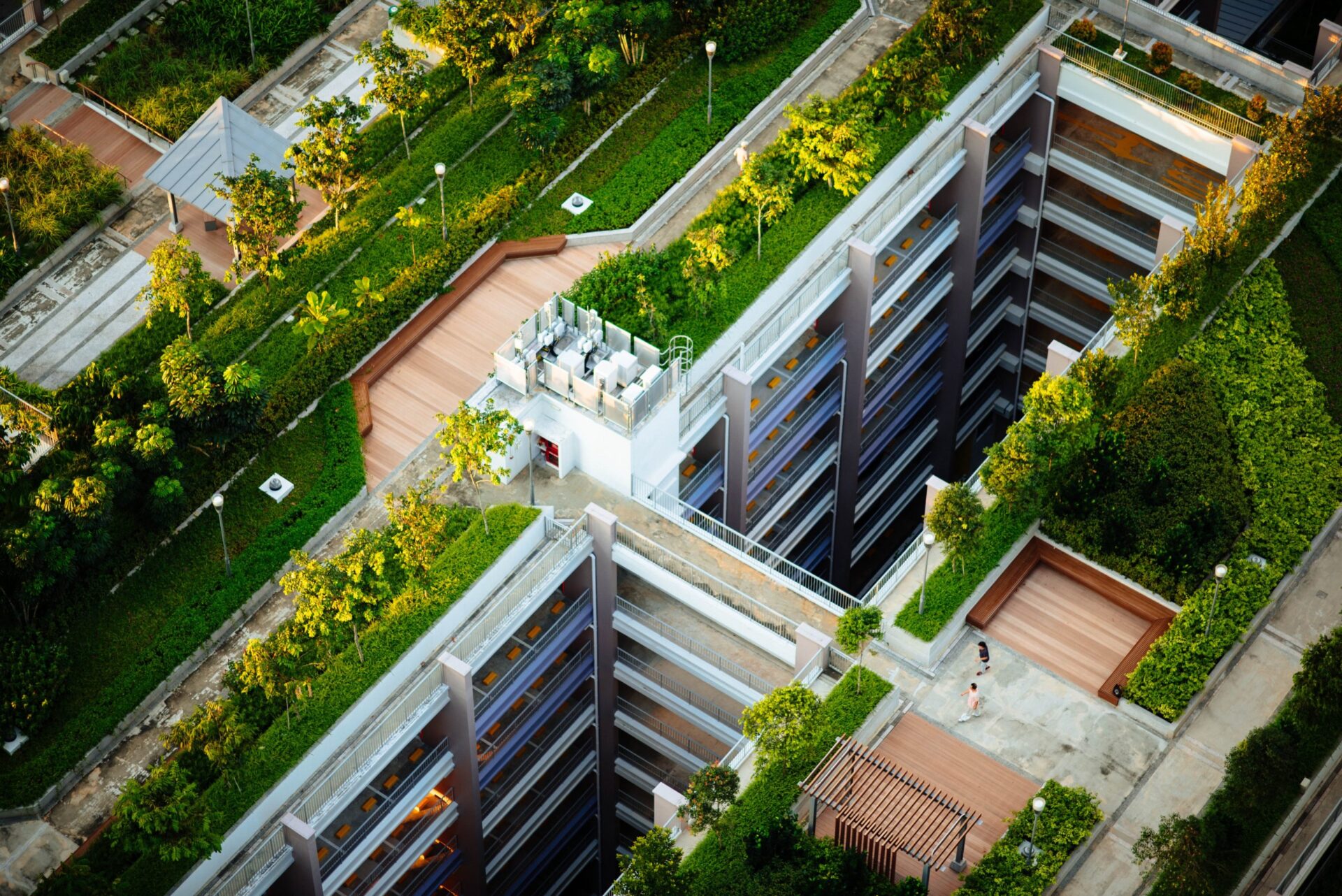Green Business Centre (CII-GBC) has set a bold target for urban development, recommending that 15-20 percent of land in all new residential, commercial, and infrastructure projects be allocated to green spaces.
The report, titled Infra South: Crafting Liveable Environments in Indian Cities, aims to guide the transformation of key Tamil Nadu cities Chennai, Coimbatore, Madurai, Tiruchirappalli, Tiruppur, and Salem more sustainable and environmentally resilient urban spaces. The recommendation comes at a time when Indian cities face mounting challenges from rapid urbanisation, population growth, and climate change. Urban areas are under immense pressure to balance economic development with ecological sustainability. The report underscores the urgent need for cities to integrate green spaces as essential components of urban planning, not just for aesthetic appeal but for environmental health, climate resilience, and the well-being of residents. According to the report, green spaces play a critical role in enhancing the quality of life in cities. They help mitigate the urban heat island effect, improve air quality, manage stormwater, support biodiversity, and promote physical and mental health among urban populations. By incorporating green spaces into urban designs, cities can create more liveable, inclusive, and climate-resilient environments.
The report recommends that city master plans for new developments explicitly earmark areas for green and public open spaces. It also suggests the initiation of city-wide plantation drives through public-private partnerships to foster community participation while leveraging corporate support for environmental initiatives. In addition to green spaces, the study highlights the importance of sustainable transportation and mobility. It calls for the integration of safe, accessible pedestrian infrastructure into master plans and comprehensive mobility strategies. The report also advocates for increased public awareness campaigns to promote cycling as a sustainable mode of transport, which can help reduce carbon emissions and encourage healthier lifestyles. On the energy front, the report stresses the need for more efficient energy management in urban infrastructure. It recommends accelerating the implementation of smart meters to optimise energy consumption and prioritising energy efficiency measures in high-consumption projects. Furthermore, the report calls for a review of streetlight distribution, particularly in suburban areas, to ensure they are energy-efficient and adequately meet the needs of growing communities.
Water management is another key focus. The report advocates for regular monitoring of groundwater levels through hydrological studies and calls for greater adoption of rainwater harvesting systems. These measures are crucial in addressing the increasing water scarcity issues faced by many urban areas. The report also highlights the need for better air quality management. It recommends the reuse of treated wastewater in industrial applications, the installation of wastewater treatment plants in large residential complexes, and the separation of stormwater drains from sewage lines to prevent contamination. Additionally, it calls for the expansion of Ambient Air Quality Monitoring Stations to strengthen environmental oversight and policymaking. Experts involved in the study emphasise that the green space mandate is not just a regulatory requirement but a transformative strategy for sustainable urban development. By embedding environmental considerations into urban planning, cities can foster economic growth while safeguarding natural resources and enhancing residents’ quality of life. The CII-GBC report aligns with global best practices in urban sustainability, where green spaces are seen as integral to creating resilient, healthy, and thriving cities. Its recommendations are expected to influence policy decisions and urban planning strategies across India, paving the way for greener, more liveable urban environments.
As cities continue to expand, the integration of green spaces will be crucial in shaping the future of urban living in India. The report’s call for a 20 percent green space target reflects a growing recognition of the need to prioritise environmental sustainability alongside economic growth in urban development.


